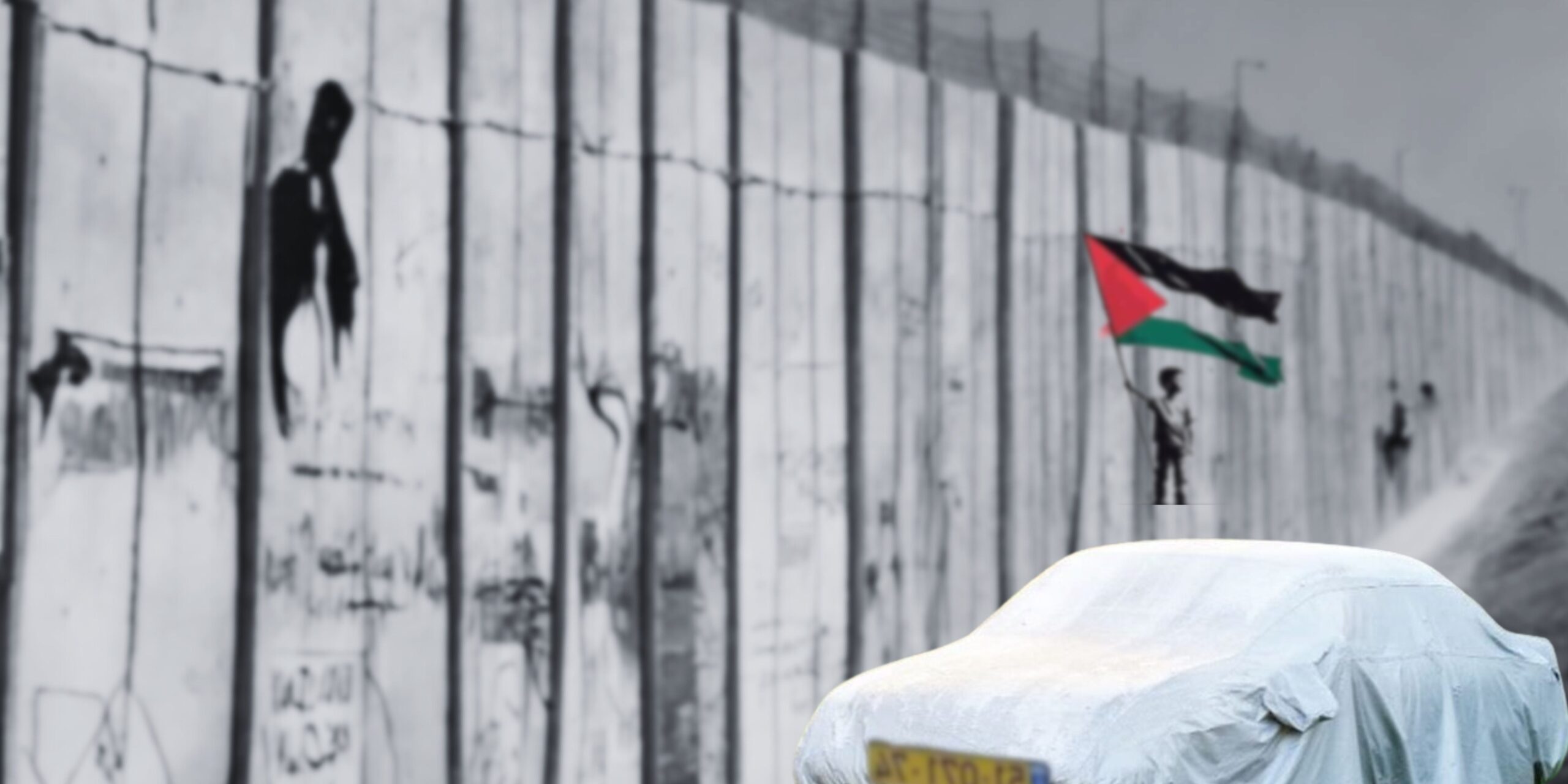SUBJECT: JORDAN: MINISTER OF SOCIAL DEVELOPMENT SMARTING FROM MEDIA REPORTS REF:AMMAN 252 Classified By: Ambassador R. Stephen Beecroft for reasons 1.4 (b) and ( d) ¶1. (S) Summary: A recent conversation between visiting NEA DAS Tamara Wittes and Minister of Social Development (MoSD) Hala Latouf underscored the contradictions in the Jordanian approach to freedom of expression. In response to a question, Latouf said that she supported a recent ruling by Jordan’s highest court subjecting onlines to at least some parts of Jordan’s problematic Press and Publications Law because it would help protect children and “others who are weak.” Latouf also stated that Jordanian leaders were not used to public criticism. Although she didn’t mention it, Latouf was probably still smarting from a recent run-in with the media over a well documented story about widespread abuses in orphanages under her ministry’s supervision. End Summary. ¶2. (S) In a January 27 meeting with Minister Latouf visiting DAS Wittes raised the recent ruling by Jordan’s Court of Cassation (reftel) and stressed the importance of the right to freedom of expression. Latouf responded that she was happy with the ruling by the Court of Cassation, saying that journalists needed to know the limits between reporting the truth and hurting people. “It is important to bring justice for children and others who are weak here,” said Latouf, presumably referring to the fact that the ruling seemingly paves the way for legal recourse in the event of alleged harmful online content. She added that Jordanian leaders were not used to public criticism. “This is new to us,” she said. ¶3. (C) Latouf was probably still smarting from a run-in with the independent Arabic-language daily, Al-Ghad, and the Amman-based Arab Reporters for Investigative Journalism (ARIJ), as outlined in an article by ARIJ chairman and Jordan-based journalist/editor Daoud Kuttab. On December 25, Al-Ghad published an investigative report by two Jordanian journalists working under the supervision of ARIJ about the well-documented mistreatment in orphanages under the direction of the MoSD. The story was based on extensive documentation and hours of interviews with 20 current or former residents of Jordan’s 27 orphanages, as well as a survey of 50 randomly chosen past residents, which indicated that 91 percent of respondents had been beaten and 89 percent had been verbally abused, according to Kuttab. The ARIJ article also carried responses by non-governmental and government agencies, including Minister Latouf who acknowledged problems in the past and detailed corrective measures. Latouf denied, however, that the abuses continued under her tenure dating back to November 2007. ¶4. (C) After the story was published, Latouf appears to have gone on a witch hunt She reportedly sent a letter to Al-Ghad asking for evidence used in the report and the names of victims. By all appearances, Al-Ghad appears to have caved in, asking ARIJ to turn over the requested information, despite having not asked for any documentation during the five days between receiving the piece and publishing it. Other tactics were also used to try and scare ARIJ into turning over the information, including official queries about its NGO registration papers and a public statement of support for MoSD by an adult orphanage graduate (who did not volunteer the fact that he was employed by the Ministry.) Subsequently in January, Al-Ghad published an article apologizing to the ministry and orphans and ending its previously strong relationship with ARIJ, according to Kuttab. ¶5. (S) Comment: Although Latouf ardently supports domestic social reforms and is generally much more supportive than most other Cabinet officials, her comments to DAS Wittes and her reported handling of this incident illustrate how far there is to go in Jordan to guarantee freedom of expression and the media, as they relate to legitimate matters of public interest. ¶5. (U) DAS Wittes cleared this cable. Beecroft Via Cable Viewer.








